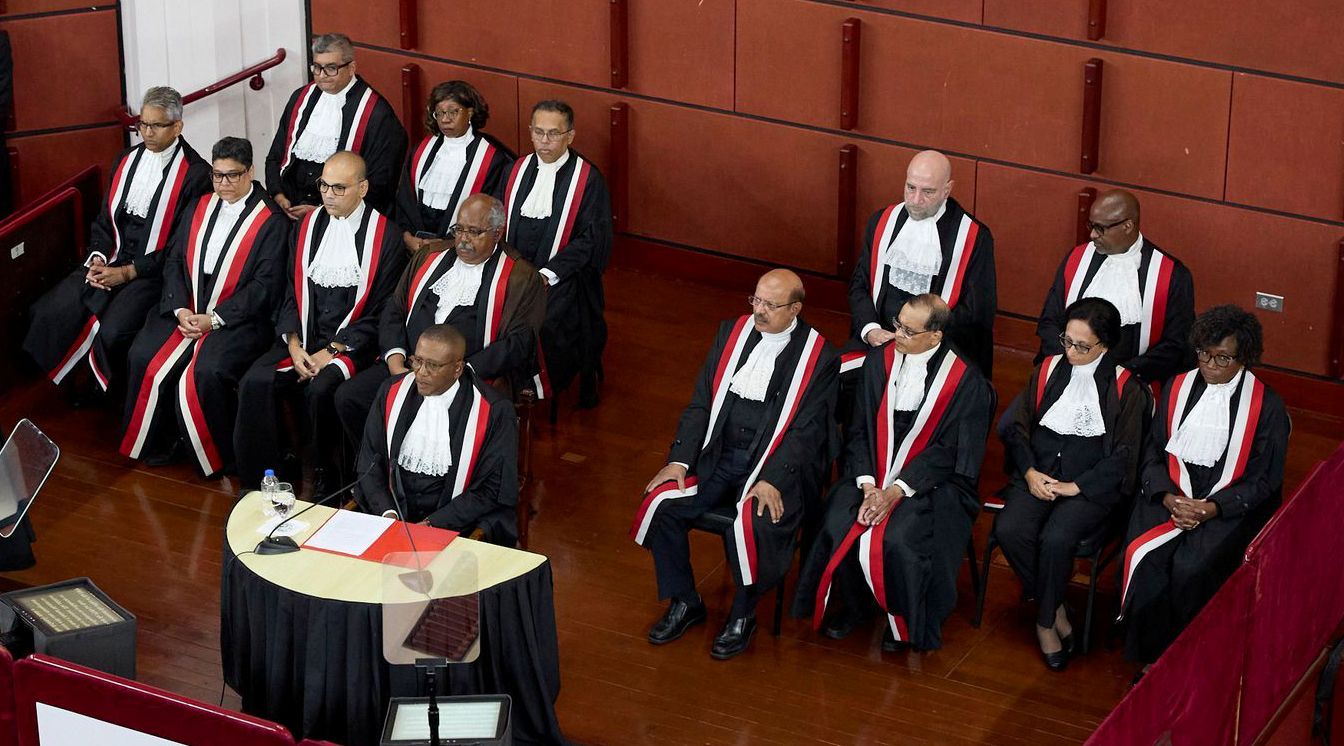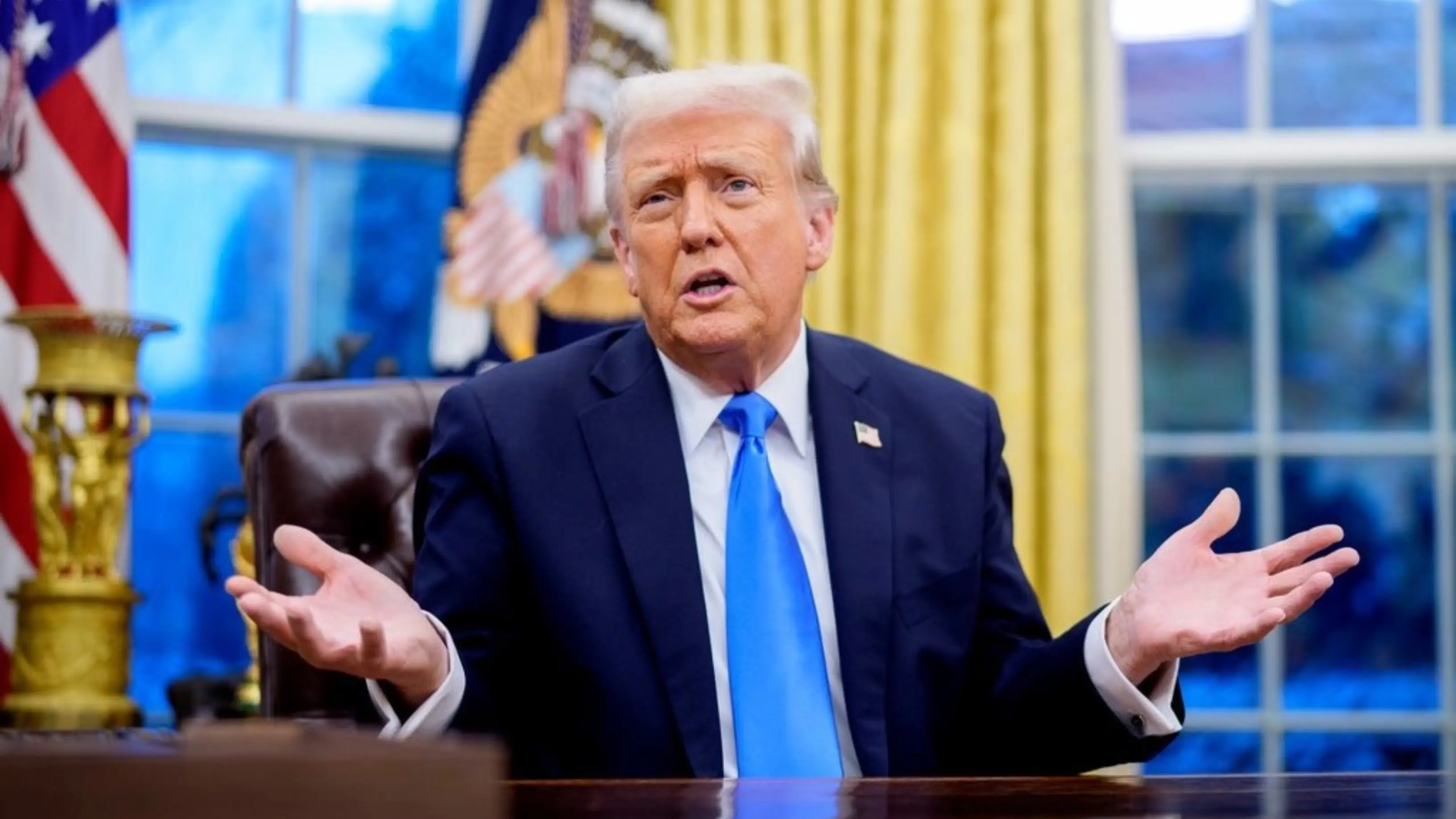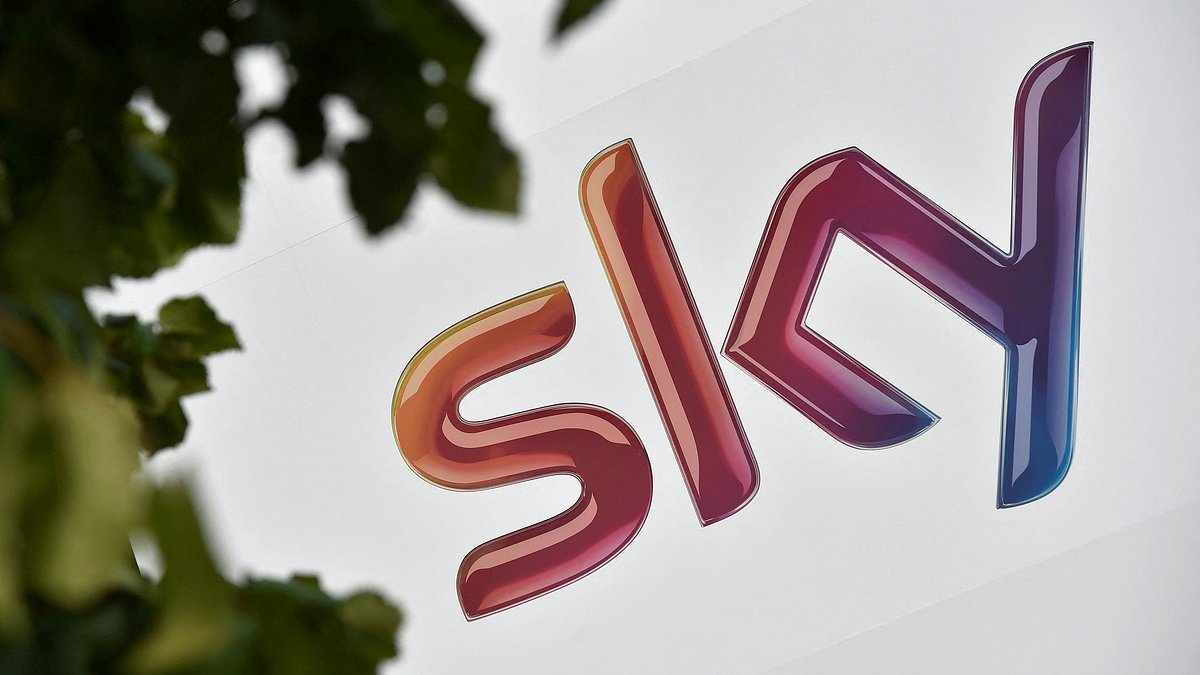By Staff Editor
Copyright stabroeknews

(Trinidad Guardian) President Christine Kangaloo will have to select the country’s next Chief Justice at some point over the next 12 months. This comes as Chief Justice Ivor Archie announced his plan to retire while delivering his annual address at the opening of the 2025/2026 Law Term yesterday.
The announcement by Archie, who is the country’s longest-serving Chief Justice after more than 17 years at the helm of the Judiciary, was not a surprise for some, as there were reports about his decision in the lead-up to his address.
While Archie did not reveal the exact date that he would demit office, he noted that he would not be around when the occasion is celebrated once again next year.
Archie said, “I have decided to retire, not resign, at a time of my own choosing and not to wait until I reach the age of 70. There will always be unfinished business no matter when I leave, but I have decided to retire during this term, so this will be my last speech.”
He said he chose the occasion to publicly announce his decision so he can assist in ensuring the smooth transition of his eventual successor, once he/she is selected.
Under Section 102 of the Constitution, the Chief Justice is selected by the President after consultations with the Prime Minister and the Leader of the Opposition.
“The office of Chief Justice is not private property or something you own or cling to; it is a sacred baton held in trust for one’s successors and the nation. I am but a single runner in a never-ending relay, and the baton must be passed at some time,” Archie said.
“Transparency and seamless succession are an important part of good corporate governance. It requires meticulous planning and preparation and a reasonable lead time,” he added.
Reflecting on his almost two-decade stint as Chief Justice, Archie said he was pleased to have contributed to modernising the Judiciary, introducing technology, and enhancing efficiency through numerous procedural reforms.
“This is not an exhaustive list, and it is no small achievement in the context of a system of public sector governance and management that is seriously dysfunctional. I am satisfied that we are in a much better place than we were in 2008,” he said.
Archie said his eventual successor would have a solid platform to continue to build on.
“Whoever that may be, I am confident that the Judiciary will be in good hands because there is more than a critical mass of people who understand and are committed to our vision and mission and who share the ability and commitment necessary to execute,” Archie said.
“The next Chief Justice will have my full support but no unsolicited advice,” he added.
Although Archie thanked his judicial colleagues for their support during his long tenure, Archie lamented over his (office) and the Judicial and Legal Service Commission’s (JLSC), which he chairs, inability to properly manage a small minority of colleagues who commit minor transgressions, such as delayed judgments or inappropriate media engagement with the media.
“Short of impeachment, the Chief Justice and the JLSC have no means of sanction other than to write or have a conversation in the hope that mature reflection would bring about behavioural change,” he said.
“People don’t always do the right thing when a hard conversation is had,” he added.
Highlighting the performance of the High Court Criminal Division, Archie noted that there was a marked decrease in the length of time for criminal cases to be determined, from over a decade to between 11 and 18 months.
Archie attributed the significant improvement in the criminal justice system to the proclamation of the Administration of Justice (Indictable Proceedings) Amendment Act (AJIPAA), which replaced lengthy preliminary enquiries before magistrates with sufficiency hearings before High Court Masters.
He also pointed to the increased use of plea bargaining and maximum sentence indications.
Despite the improvements, Archie warned that regression is possible if key stakeholders are not properly staffed and resourced.
“I should caution, however, that a way must be found to assist the Director of Public Prosecutions (DPP), whose department is suffering from a staff shortage that threatens gains that have been and can be realised,” he said.
Archie, a strong proponent of judge-alone trials, renewed his previous call for such to be made the default option as opposed to allowing accused persons to elect such.
“I have not heard any general complaints about unjust outcomes. What people are demanding is speedier trials,” Archie said.
While Archie praised the continued use of virtual and hybrid hearings after such were introduced with the closure of court facilities during the COVID-19 pandemic, he did admit that there were issues with police stations being used for initial hearings after an accused person is charged.
Stating that the concerns raised by police officers may have merit and warrant changes, Archie said, “Courts should not be turned into police stations any more than police stations should be turned into courts, so we must work together to find effective solutions.”
Archie raised perennial concerns over difficulties experienced by the Judiciary in procuring and managing court facilities and recruiting and retaining specialised staff.
Archie also took aim at a proposal by the current United National Congress (UNC)-led coalition Government to possibly introduce the position of Lord Chancellor to assist with the management of the Judiciary.
He claimed that the possible role was already being fulfilled by a Court Executive Administrator (CEA), who is a specially trained lawyer appointed by the JLSC.
He also stated that the role varies between jurisdictions, with the United Kingdom office holder being a member of the executive, who does not need to be a qualified attorney.
While he said that assistance in fulfilling the administrative role of Chief Justice may be welcomed, he suggested extensive consultation would be required before implementation due to the possibility of accusations of political bias.
“One of the good things about a healthy democracy is the mechanisms for arriving at a broad consensus or acceptable outcome even where unanimity cannot be achieved,” Archie said.



